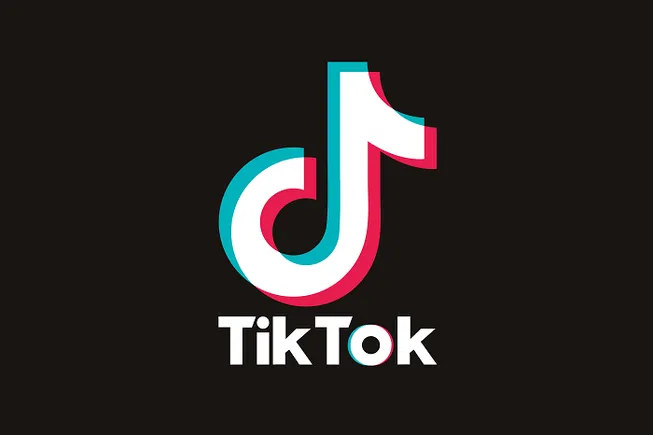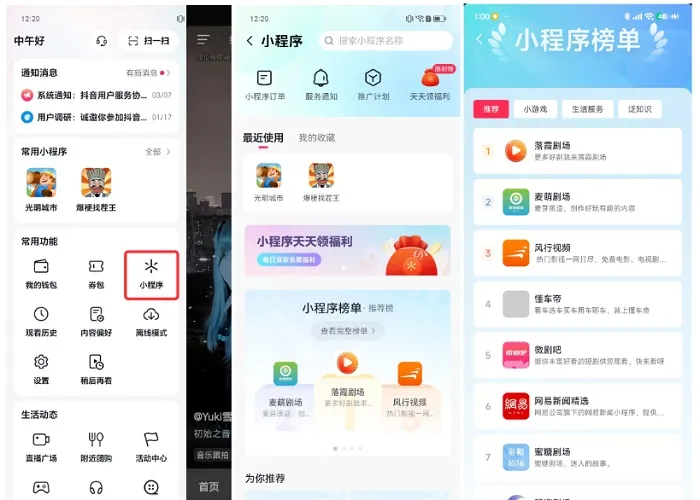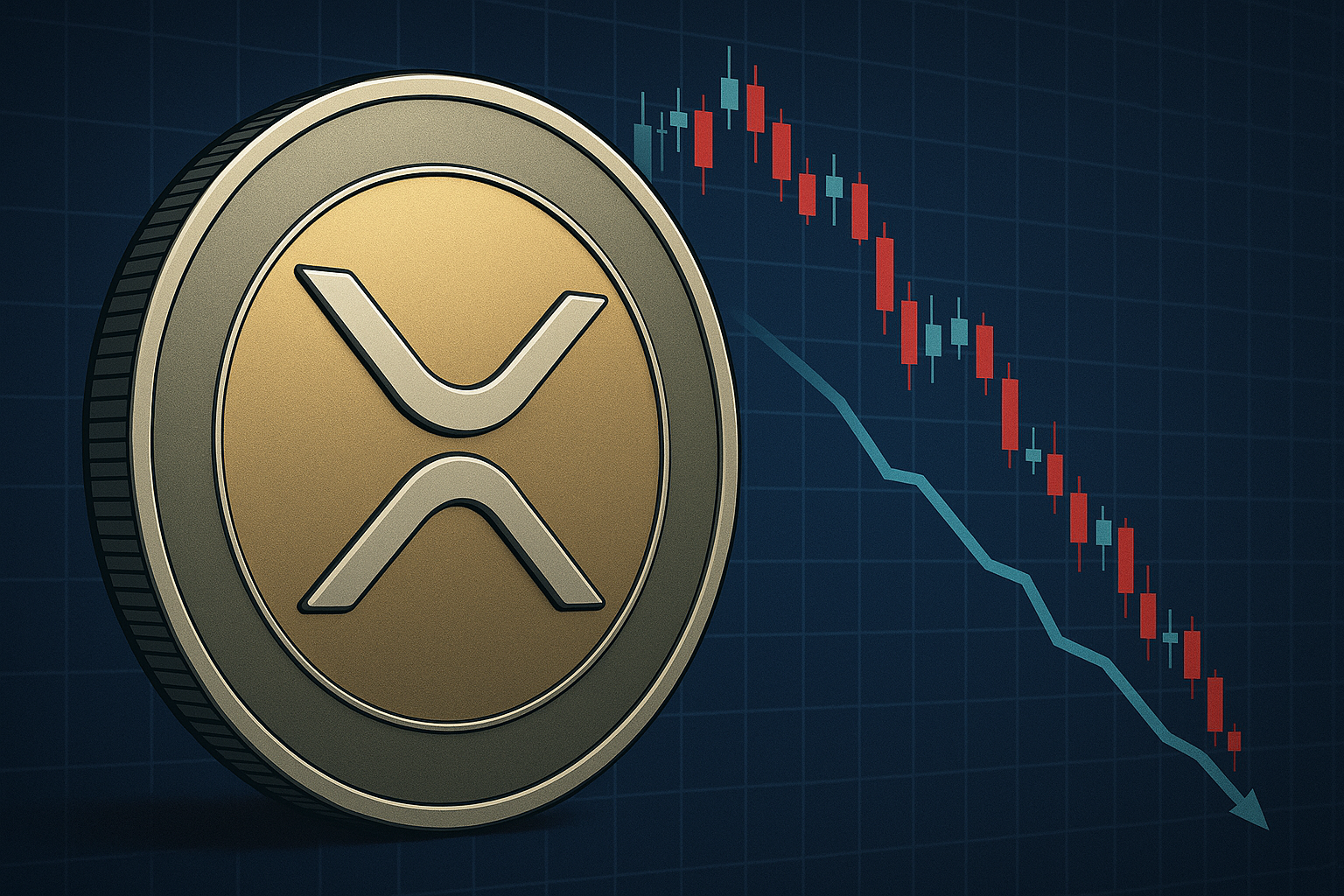TikTok Files New Trademarks To Expand Its US Business
TikTok may soon launch some new programs to integrate more transactional functions.

As TikTok continues to seek new ways to maximize its revenue potential, specifically around in-stream shopping, the company has filed some new trademark requests in the U.S., which could point to expanded offerings coming to the app.
As reported by Semafor, TikTok recently filed two new U.S. trademarks.
“One appears to be an app, TikTok Go, to promote “restaurants, retail businesses, the travel industry, and other online and offline businesses.” It promises to help create marketing and advertising materials, develop financial projections to evaluate marketing investments, and provide marketing advisory and technical consulting, among other functions.”
The trademark filing does indeed identify this as a separate app, though I suspect that it may also be related to the mini-app offerings that have become a key element of the Chinese version of TikTok.
On Douyin, the Chinese version of TikTok, third-party developers are able to integrate “Mini Programs”, which are essentially smaller, more lightweight versions of their own apps within the broader Douyin ecosystem.

Douyin’s mini programs are accessible via the left side function menu in the app, providing access to a range of mini-apps for food ordering, ride-hailing, ticket purchases, etc., all within Douyin itself. That enables Douyin users to conduct a lot more of their daily transactions in a single platform, which has provided more opportunity for Douyin to expand user behaviors.
TikTok may be looking to do the same, with this new TikTok Go program potentially providing a platform that would enable third-party partners to build their mini-apps via a separate platform, which would then be displayed within TikTok.
The broader idea, then, would be to get people doing more things within the app, which could then help it expand its broader in-stream shopping ambitions. Which is where the real money is. For comparison, Douyin generated over $500 billion from in-app sales in 2023, which dwarfs TikTok’s intake.
The road map for Douyin’s success is what TikTok’s looking to, and as such, I expect that this will be another way to incorporate more shopping and purchase activity in-stream.
TikTok’s other trademark filing relates to a buy-now-pay-later service called TikTok PayLater.
“TikTok references a PayLater service on its Philippine website, enabling customers using the app’s e-commerce platform TikTok Shop to split their payments into monthly installments.”
Semafor says that the trademark filing suggests the U.S. version of the same could fulfill more functions, but conceptually, it’s a payments program, designed to provide more ways to facilitate transactions in-stream.
It remains to be seen whether TikTok will be able to make in-app shopping a thing, because while expanded shopping, and live-stream shopping in particular, have resonated in Asian markets, Western consumers still remain lukewarm on such options.
That is changing over time, and the trends suggest that younger audiences, in particular, are more open to in-app spending. But Western shoppers also seem less enamored by buying options within social apps, or integrated payment and ordering functionalities, preferring instead to keep different apps separate, for different functions.
That may change, but it may also take time. Either way, expect to see TikTok continuing to push this effort, in the hopes of boosting its revenue intake.

 Kass
Kass 
































